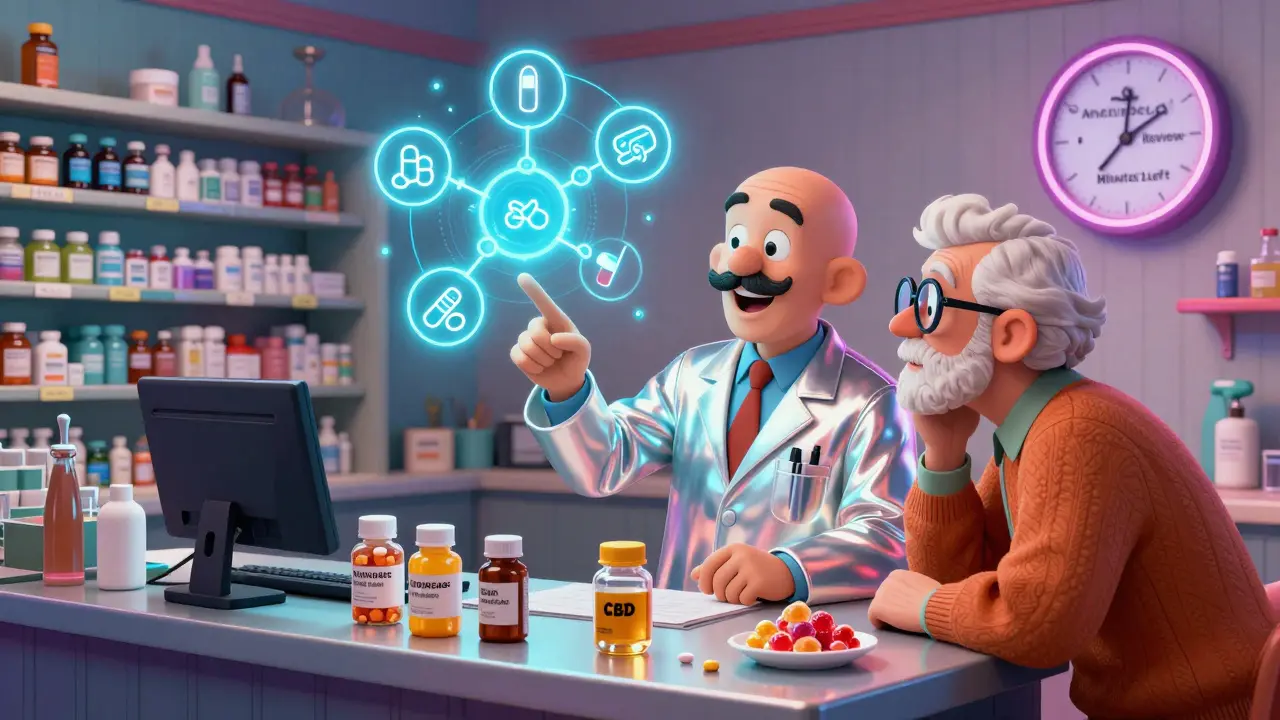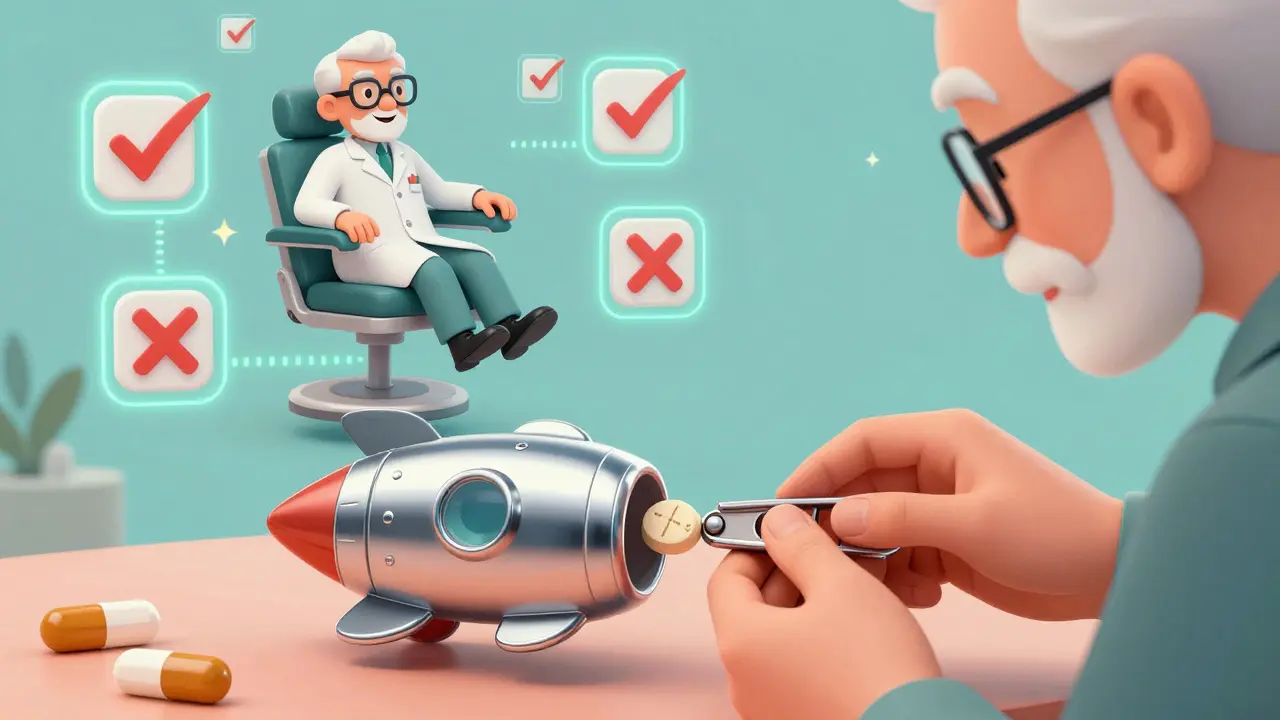Medication Safety: How to Protect Yourself When Taking or Buying Medicines
Medication mistakes and fake pills are real threats. This page collects practical tips and clear steps to help you use medicines safely, whether at home or buying online. Read fast, act smart, and reduce risk.
Check before you buy or take
Always verify the pharmacy: look for contact info, a real business address, and customer reviews. For online shops, prefer pharmacies that require a prescription and show accreditation links. If a price looks too low or a site pushes bulk orders, pause — that’s a red flag. Confirm the drug name, strength, and expiry on the label before you place an order or open the package.
Talk to a pharmacist or your doctor when in doubt. Ask about generic options, side effects, and interactions with other meds or supplements you use. If your symptoms are new or severe, get medical advice before changing doses or stopping treatment.
Use and store medicines safely
Follow the label and your prescriber’s instructions exactly. Keep a list of all drugs you take — prescriptions, OTCs, vitamins — and share it with every clinician. Store meds in their original containers in a cool, dry place away from kids and pets. Dispose of expired or unused medicines through a pharmacy take-back program or local disposal guidance.
Watch for common warning signs: unexpected rashes, dizziness, breathing trouble, or sudden mood shifts. If you suspect an allergic reaction or overdose, seek emergency care immediately. For non-urgent side effects, report them to your prescriber and the pharmacy; keeping a record helps spot patterns.
When using topical or pediatric products, double-check age recommendations and dosing tools. Babies and young children need smaller doses and special formulations — don’t assume an adult cream or pill is safe for them. For infants with skin issues, get a pediatric opinion before applying antifungal or steroid creams.
Buying meds from other countries or discount sites can save money but adds risk. Verify the seller’s domain, look up accreditation, and be prepared for customs rules in your country. Avoid sites that offer controlled drugs without prescription or promise overnight cures.
Keep digital copies of prescriptions and receipts. They help with returns, refunds, or if you must report a counterfeit product. If a medication causes harm, report it to your national drug authority — your report can protect others.
Use this tag to find focused guides: safe online buying, antibiotic orders, pediatric medicine tips, and reviews of trusted pharmacy domains. Each article here gives step-by-step advice and real-world checks you can use today. Stay alert, ask questions, and use medicines wisely — small actions prevent big problems.
Quick checklist: verify prescription and pharmacy, read the leaflet, keep a current medication list, store meds safely, and contact care if side effects start. If you buy online, save screenshots, track the parcel, and inspect packaging when it arrives. When unsure, stop and ask — it's better than risking your health. Keep emergency numbers handy. Stay safe always.



